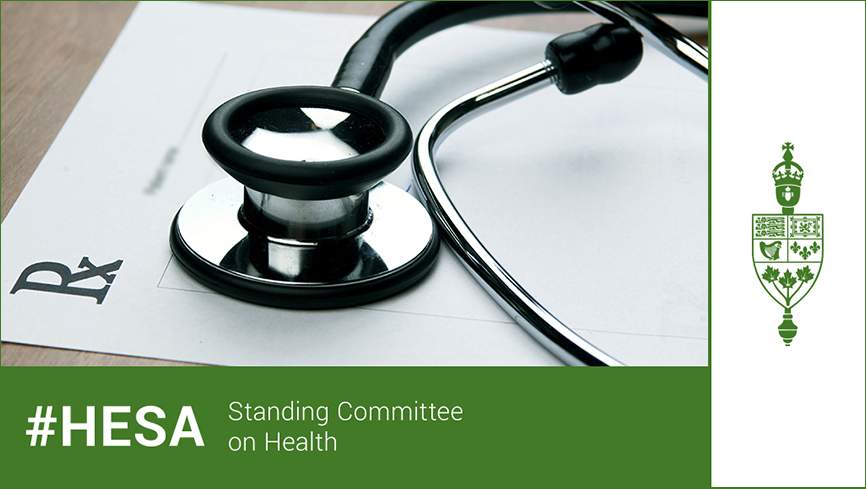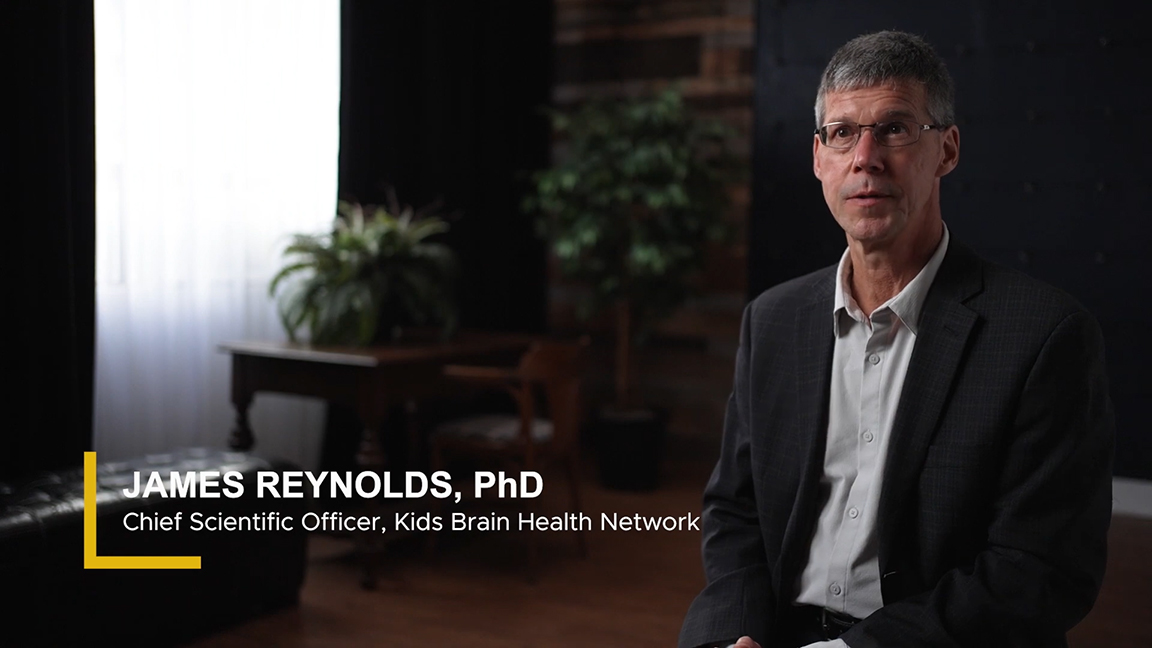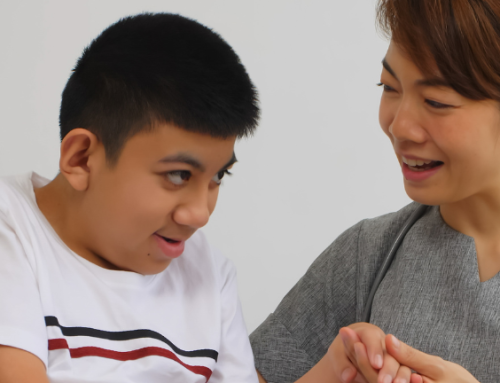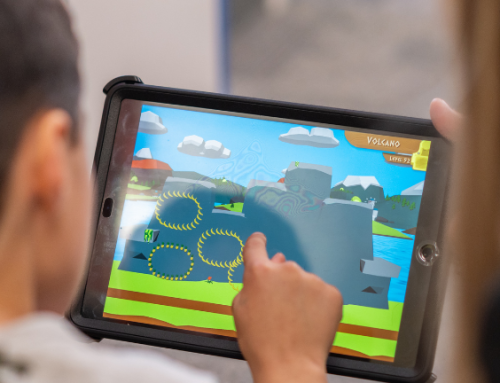
Photo from the committees of the House of Commons’ Twitter
In October 2022, Kids Brain Health Network leaders submitted policy recommendations to the House of Commons Standing Committee on Health (HESA) titled, “Disability-inclusive policy to meet the needs of children with neurodevelopmental disabilities and their families”.
Kids Brain Health Network poised to measure and respond to COVID-19 challenges
During COVID-19 we at Kids Brain Health Network (KBHN) supported several studies to identify challenges faced by children, caregivers and families living with neurodevelopmental disabilities. KBHN leaders are sharing these findings, and advocating for swift and intentional action by the federal government to include vulnerable Canadians with neurodevelopmental disabilities in COVID-19 recovery plans–along with their caregivers and families.
As an internationally recognized, evidence-based, multidisciplinary network, we are dedicated to breaking down barriers and helping children with neurodevelopmental disabilities live their best lives–along with their caregivers and families. By identifying and supporting the most promising research, we help produce practical, innovative solutions that families and professionals use every day.
Our collective expertise means KBHN is poised to help identify successful programs that can be scaled up and replicated across the country, as the federal government develops COVID-19 recovery plans.
Families in crisis, with lasting impacts
Stress, isolation and financial hardship are common for families of the 400,000+ children living with neurodevelopmental disabilities across Canada, and the COVID-19 pandemic exposed deep cracks in Canadian systems, leaving many families in crisis. While virtual delivery lessened geographical barriers for many, the switch to online programming could not address all unmet needs.
KBHN-supported research reveals that many families could not access the services and supports they relied on. These gaps have stalled or reversed progress for many kids, setting them back by months or years. Public spaces also became less accessible due to health measures such as universal masking requirements and plastic barriers at service counters that didn’t account for people with disabilities.
“Things shut down overnight, and supports literally evaporated,” says Tracy Moisan, a parent of multiple children with neurodevelopmental disabilities. For families like ours you saw the difference immediately. We went from being reasonably okay, to crisis. While we’re in a much better place right now it took a very, very long time to rebuild that.”
Tracy Moisan, a mother of multiple children with neurodevelopmental disabilities, speaks about the impacts of COVID-19 on her family.
Mental health challenges taking incalculable tolls
Families living with neurodevelopmental disabilities were disproportionately impacted by mental health challenges. Parents and caregivers experienced increased stress and burnout, and already-vulnerable children faced stress, anxiety, depression, self-harm and poor functioning. The growing need for mental health supports was not met, as services were often inaccessible, unaffordable or unavailable.
KBHN-supported studies also showed increased aggression toward family/caregivers in childhood and adolescence (AFCCA) due to pandemic stresses. Parents experienced greater anxiety, and many were forced to give up custody of their children, as the child welfare system was the only solution presented to them.
Dr. James Reynolds, Chief Scientific Officer of Kids Brain Health Network, speaks about systems failures faced by children and families during COVID-19. Image from The Impact of COVID-19 Youtube Video
“What happened after COVID was absolutely catastrophic,” says Dr. James Reynolds, Chief Scientific Officer of KBHN. “We can no longer afford to ignore the weaknesses in our systems of support.”
Policy recommendations, backed by research
To improve systems of support, KBHN submitted a policy brief to the House of Commons Standing Committee on Health (HESA), for their study on Children’s Health.
The HESA studies and reports on all things relating to the mandate, management, and operation of Health Canada. It reviews and reports on matters other agencies bring up, and may also study things that the committee itself chooses to examine. It holds public meetings to gather information and considers evidence from witnesses. At the end of a study, the committee usually reports on its findings and makes recommendations for how to move forward.
To support a disability-inclusive COVID-19 recovery plan, we at KBHN identified three core challenges, closely aligned with our Network’s focus: early identification, access to evidence-based interventions, and family support. KBHN-supported research shows that supports exist, but aren’t reaching families in need.
Our HESA policy brief calls for the Government of Canada to fulfill the commitments it has made in the United Nations Convention on the Rights of Persons with Disabilities (UNCRPD). Doing so should involve extensive consultation from a wide range of stakeholders and community partners, with collaboration across government ministries to co-design disability inclusive strategies across many sectors.
We also outlined specific steps to improve access to disability-inclusive mental health supports for young people with neurodevelopmental disabilities, caregivers, and families–whatever their income, and wherever they live in Canada. Critically, we urge the government to partner with community organized experienced in addressing aggression toward family/caregivers in childhood and adolescence (AFCCA), to reduce unnecessary exposure to the child welfare system.
In addition, we call for the National Autism Strategy to include additional neurodevelopmental disability populations that experience many of the same issues and challenges, so they may benefit from systems of support already coming into place.
KBHN-supported research and our collective expertise indicate that a disability-inclusive pandemic response will significantly reduce the risk of long-term health and mental health outcomes. By contrast, if caregivers and families are left to struggle alone, the impacts on Canada’s health, education and social services systems will last for decades.
View our complete policy brief: “Disability inclusive policy to meet the needs of children with neurodevelopmental disabilities and their families”








